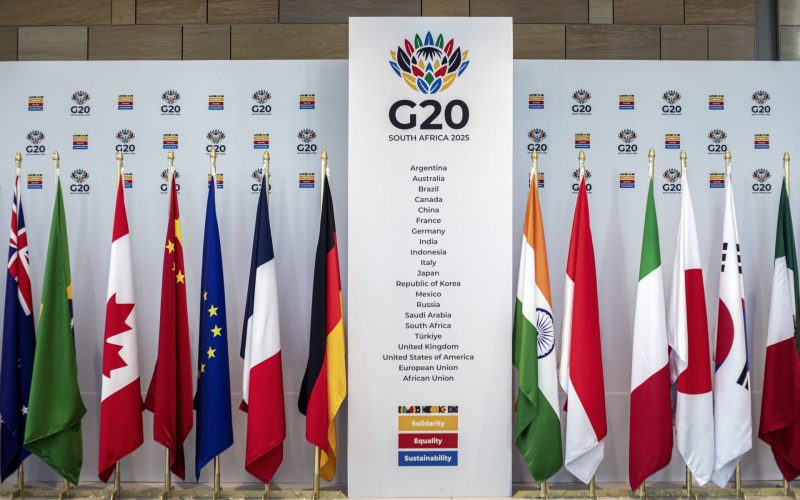At the same time, there are discussions within SACU on the role of industrial policy, in general, and the need to develop regional value chains, in particular. To take these discussions forward, officials have been tasked to identify potential ‘projects’ that might serve as anchors for cross-border trade and investment within SACU. The establishment of a SACU development fund could serve to finance those projects that are identified and agreed on by member states. While SACU member states have yet to have in-depth discussions on whether or not to proceed with establishing a regional development fund, there remain concerns within Botswana, Lesotho, Namibia and Swaziland (BLNS) that such a fund might divert revenues from national governments. There has consequently been little discussion on how such a fund may work to facilitate the deepening or long-term reform of SACU. This discussion paper draws on the perspectives of business and researchers in the BLNS to identify the main infrastructure and regulatory barriers to the development of intra-SACU value chains, and to assess how the alleviation of these impediments might contribute to improved regional economic outcomes. In doing so, it seeks to inform current discussions within SACU on the type of projects that may serve as a basis for cross-border value chains, and to assess the possible contribution of a SACU development fund in growing, deepening or diversifying economic linkages in the region. This paper presents the results of eight case studies in the BLNS, describing the experiences of eight different firms in operating across SACU borders. It also highlights a number of areas in which SACU member states could work together to improve the environment for cross-border trade and deepen regional integration. This includes taking advantage of specific project opportunities for deeper value chain integration and development within certain industries, improving customs procedures to facilitate the movement of goods across SACU borders, implementing regional infrastructure projects in the electricity, transport and water sectors, and easing the movement of business persons and specialists across SACU member states.








